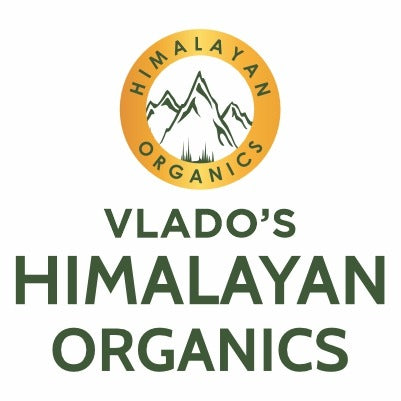Gum resins to shed excessive weight and diseases!
Gum resins obtained from a spiny shrub, or a small tree, known as guggul are native to India, Bangladesh, and Pakistan. It’s been in use since ancient times as ayurvedic medicine for a number of medical conditions. Its major species include Commiphora wightii, Commiphora gileadensis, Commiphora Mukul, Boswellia serrata, and Boswellia sacra, all belonging to the Burseraceae family. Guggal Gum resins are a mixture of a number of plant compounds including flavonoids, essential oils, carbohydrates, amino acids, and steroids. Also enriched with anti-inflammatory and anti-oxidants, guggul can be effective for a number of diseases.
“There are three 5 different types of guggul, found in five different kinds of forms of nature!”
Some Amazing Benefits
- In Ayurved medicine, guggul is used for treating atherosclerosis.
- Guggul also helps in combating nodulocystic acne, it brings down swelling, inflammation, and the number of acne breakouts.
- Research has shown its effects on obesity and weight management.
- It is also been used in lowering high cholesterol and hardening the arteries.

Frequently asked questions
● Does guggul work on Eczema?
Eczema is a noncontagious skin disease, that is caused due to inflammation. Guggul possesses anti-inflammatory properties, that help in lowering the effect of diseases.
● Is guggul effective in hypothyroidism??
Hypothyroidism is caused when the thyroid gland does not produce enough hormone as required for normal functioning. Guggul increases iodine uptake and activities of enzymes produced by the thyroid gland, to help combat hypothyroidism.● Is guggul safe for hyperlipidemia patients?
Guggul is in fact popular as the natural treatment for abnormally high cholesterol and triglycerides levels, a simple explanation of hyperlipidemia.
● What is the preferred dosage of guggul?
Dosage is mainly based on how much active plant steroid, called guggulsterone is present in the supplement. It can also be consumed in combination with herbs and plants.
Fun facts about Guggul
- Guggul sap is extracted from the same process used to extract maple syrup from the maple trees.
- Guggul is native to Rajasthan and Gujrat, but the plant is disappearing from regions.
- Guggul is used in incense and as an element required for pious and holy rituals in India.
- The gum tapping used for extracting guggul extract was native to tribal rituals and culture.


6 comments
Herbs for male vitality in Pakistan offer natural solutions for boosting energy, stamina, and overall well-being. Ingredients like ashwagandha, ginseng, and safed musli are popular choices for enhancing vitality. Embrace these time-tested remedies for a healthier, more active lifestyle. Always choose authentic herbal products and consult a professional to find the best options for your needs.
Herbs for Male Vitality in Pakistan
Male health medicines in Pakistan are a game-changer for addressing various health challenges, from boosting energy levels to improving sexual vitality. With trusted brands like Hamdard and Qarshi offering herbal solutions, men can now prioritize their well-being holistically. Always consult a healthcare professional to choose the right product for your needs. A healthier future starts today!
online herbal medicine
Male health medicines in Pakistan are a game-changer for addressing various health challenges, from boosting energy levels to improving sexual vitality. With trusted brands like Hamdard and Qarshi offering herbal solutions, men can now prioritize their well-being holistically. Always consult a healthcare professional to choose the right product for your needs. A healthier future starts today!
online herbal medicine
Herbal medicine has a rich history in Pakistan, with traditional remedies passed down through generations. Many people in Pakistan rely on natural herbs like turmeric, ginger, and neem to treat various ailments. These herbal solutions are often seen as safer alternatives to modern pharmaceuticals, with fewer side effects. However, it’s essential to ensure the quality and authenticity of herbal products. While herbal medicine can be effective, it’s important to consult a healthcare professional before using them, especially for serious conditions. Embracing both traditional wisdom and modern science can lead to a more balanced approach to health.
pakistan herbal medicine
Herbal medicine has a rich and long-standing tradition in Pakistan, deeply rooted in the country’s cultural and historical practices. It has been a primary source of healthcare and healing for generations. The diverse flora and fauna of Pakistan, along with ancient knowledge passed down through the ages, have contributed to the development of a robust herbal medicine system.
herbal medicine in pakistan